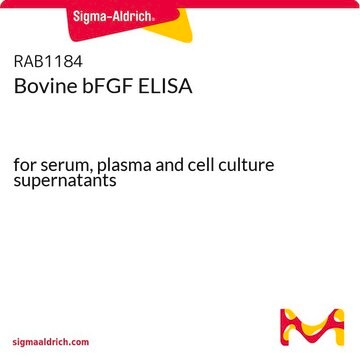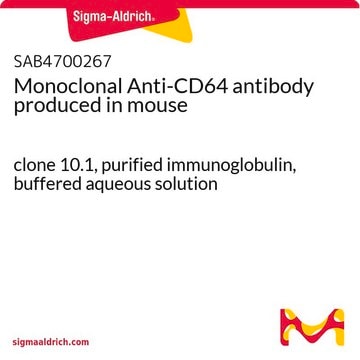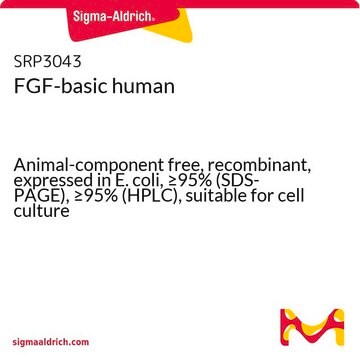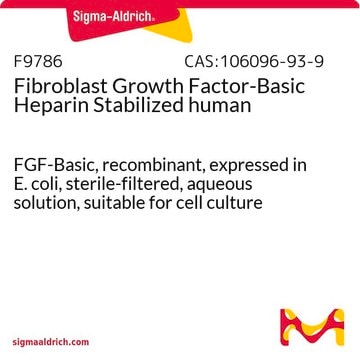Z692018
3DKUBE™ 3D cell culture chambers
segregated co-culture
Synonym(s):
3D, 3D Cell Culture
Sign Into View Organizational & Contract Pricing
All Photos(2)
About This Item
UNSPSC Code:
41100000
Recommended Products
packaging
pkg of 24 ea
manufacturer/tradename
Kiyatec 3D010
Looking for similar products? Visit Product Comparison Guide
General description
3DKUBE Segregated Co-culture configuration provides the user with an advanced 3D co-culture system for modeling complex biological interactions of multiple cell types. This is accomplished with the use of the gasket-membrane insert that segregates the two 3D culture chambers while permitting soluble factor transfer or "crosstalk."
Physical segregation of cell types allows the user to assess the physiology and characteristics of each cell population. Membrane is a hydrophilic, low protein binding polyethersulfone with 0.45 μm porosity. Kits are provided in a convenient tray with peel-away Tyvek® seal and are gamma irradiated. Each 3D culture chamber is 6 mm in diameter and 250 μL in volume.
Physical segregation of cell types allows the user to assess the physiology and characteristics of each cell population. Membrane is a hydrophilic, low protein binding polyethersulfone with 0.45 μm porosity. Kits are provided in a convenient tray with peel-away Tyvek® seal and are gamma irradiated. Each 3D culture chamber is 6 mm in diameter and 250 μL in volume.
Assembled Outer Dimensions: 43.7 mm L x 25.0 mm W x 24.0 mm H
Single Chamber Dimensions: 8.5 mm H x 6.0 mm diameter
Case Dimensions: 10 in. L x 9 in. W x 4 in. H
Package Dimensions: 4 in. L x 3 in. W x 0.8 in. H
Single Chamber Dimensions: 8.5 mm H x 6.0 mm diameter
Case Dimensions: 10 in. L x 9 in. W x 4 in. H
Package Dimensions: 4 in. L x 3 in. W x 0.8 in. H
Legal Information
3DKUBE is a trademark of Kiyatec, Inc.
Tyvek is a registered trademark of E. I. du Pont de Nemours and Company
Certificates of Analysis (COA)
Search for Certificates of Analysis (COA) by entering the products Lot/Batch Number. Lot and Batch Numbers can be found on a product’s label following the words ‘Lot’ or ‘Batch’.
Already Own This Product?
Find documentation for the products that you have recently purchased in the Document Library.
Karolina Janeczek Portalska et al.
Journal of tissue engineering and regenerative medicine, 10(5), 363-373 (2013-04-18)
Modular tissue engineering is a strategy to create scalable, self-assembling, three-dimensional (3D) tissue constructs. This strategy was used to deliver endothelial-like cells derived from bone marrow mesenchymal stromal cells (EL-MSCs) to locally induce vascularization. First, tissue engineered modules were formed
Sayed-Hadi Mirmalek-Sani et al.
Biomaterials, 34(22), 5488-5495 (2013-04-16)
Emergent technologies of regenerative medicine have the potential to overcome the limitations of organ transplantation by supplying tissues and organs bioengineered in the laboratory. Pancreas bioengineering requires a scaffold that approximates the biochemical, spatial and vascular relationships of the native
Our team of scientists has experience in all areas of research including Life Science, Material Science, Chemical Synthesis, Chromatography, Analytical and many others.
Contact Technical Service








